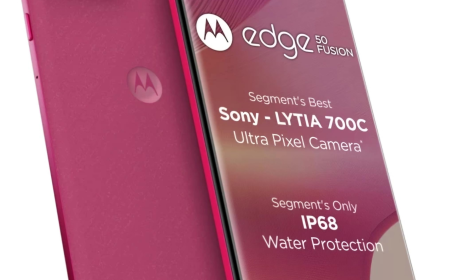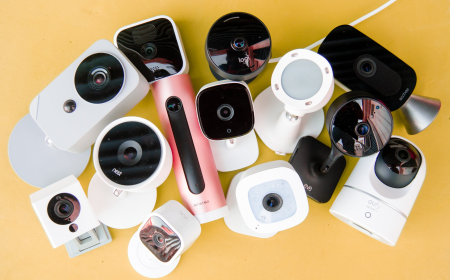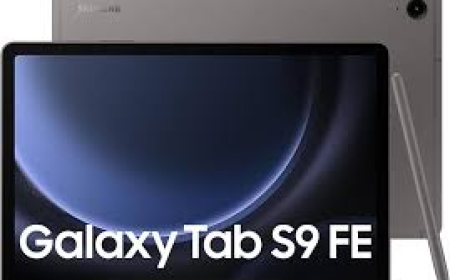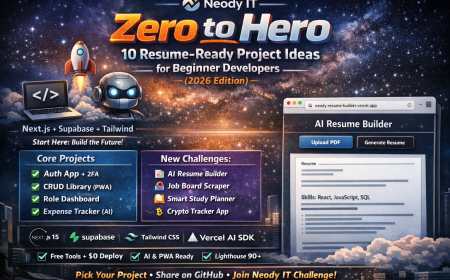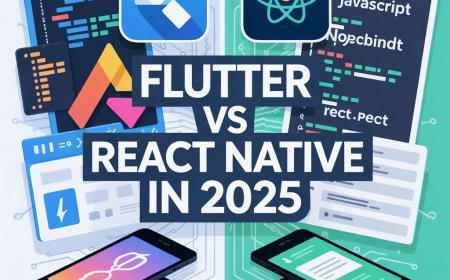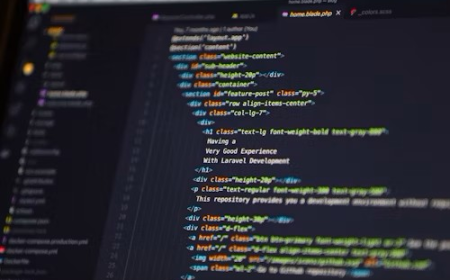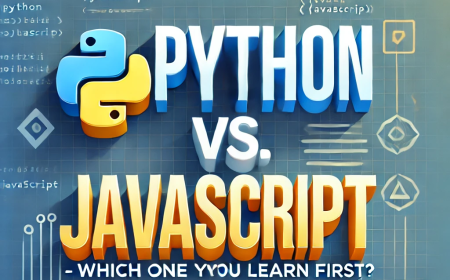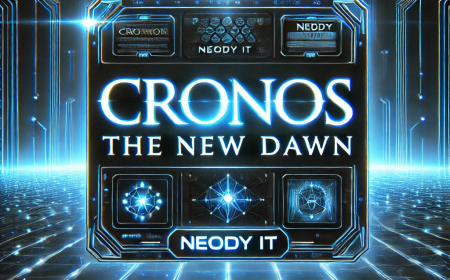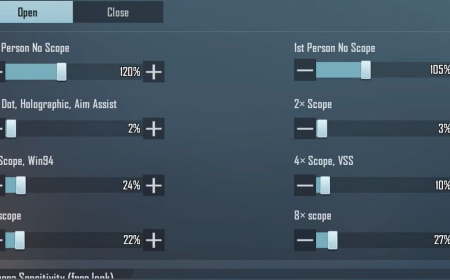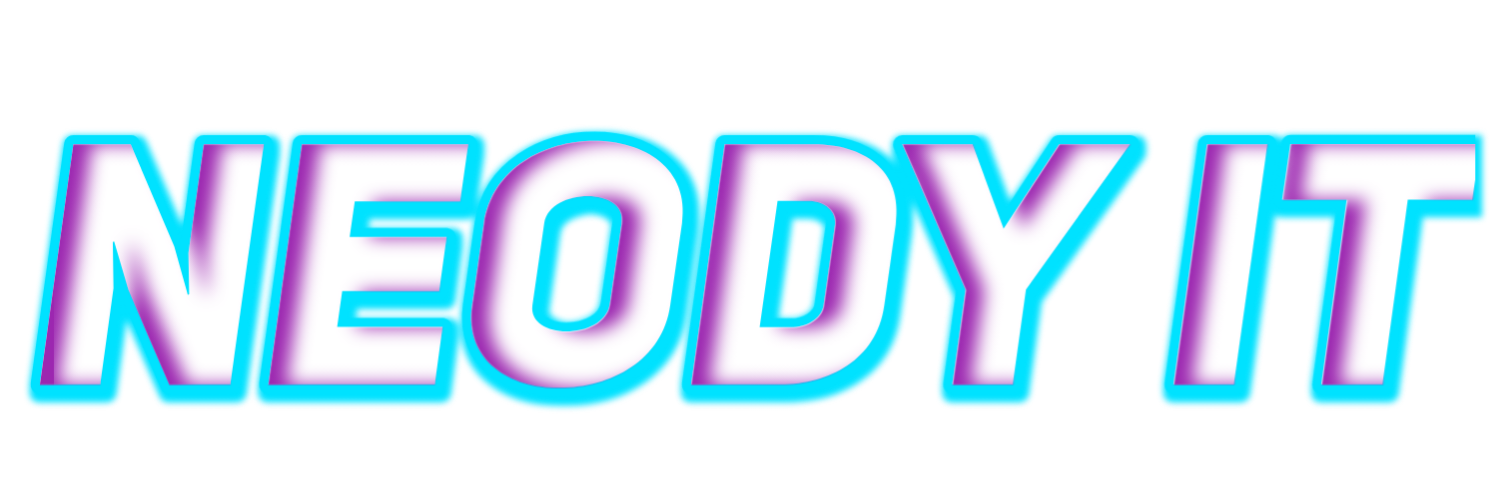Flutter vs React Native: Best Choice for 2025?
Compare Flutter & React Native in 2025 to pick the right app development tool.
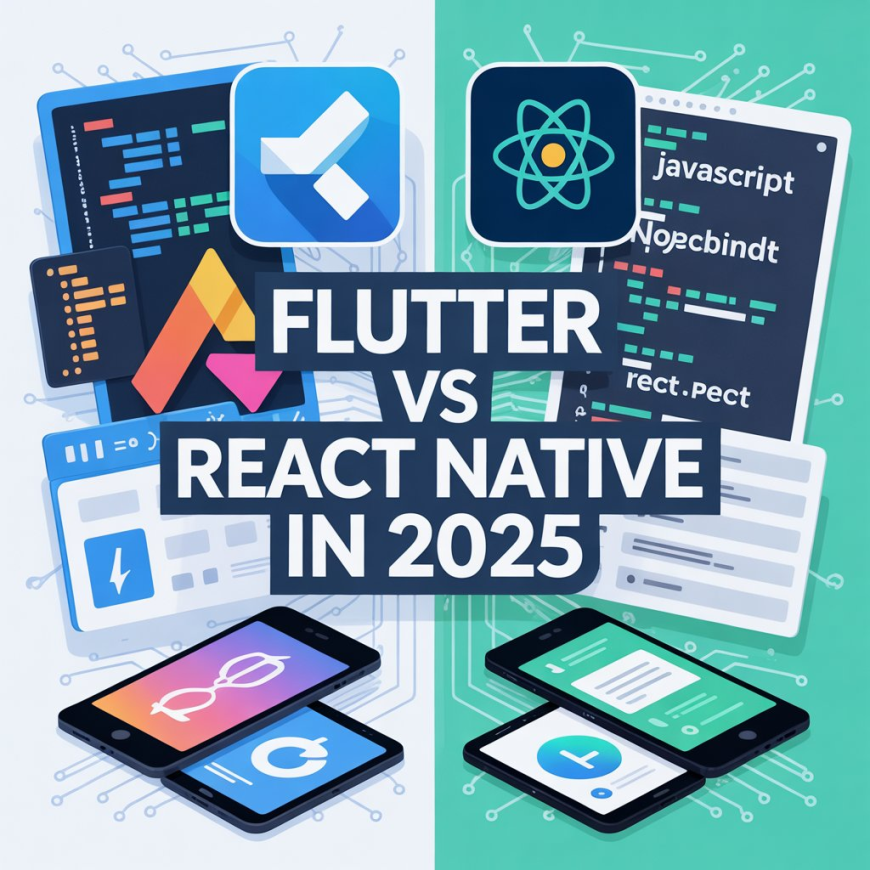
Flutter vs React Native: Which One Should You Choose in 2025?
So, you're planning to build a mobile app in 2025 but stuck at the classic cross-platform developer dilemma — Flutter or React Native? ?
Don't worry, you’re not alone. These two frameworks have dominated the mobile app development world for years now. As a business owner or marketer looking to launch an app efficiently (and affordably), choosing the right tech stack is a big deal.
Let’s break it down in a simple, practical way — no heavy jargon, just smart insights that help you make the right choice for your next app project.
1. Popularity & Community Support in 2025
Both Flutter and React Native have grown massively, but in different ways.
-
React Native is backed by Meta (Facebook) and has a mature, massive community.
-
Flutter, supported by Google, is growing like wildfire — especially after its integration with Dart's web and desktop capabilities.
Takeaway:
If you're looking for tons of ready-made solutions, third-party packages, and Stack Overflow answers — React Native still has the edge. But Flutter is catching up fast and is becoming the go-to choice for devs starting fresh.
2. Performance and Speed
Flutter is known for its near-native performance because it compiles directly to native ARM code. React Native bridges JavaScript and native code — which sometimes causes a slight lag in performance-heavy apps.
Real-world example:
If you're building a high-performance app like a video editor or a gaming app, Flutter wins with its superior rendering engine.
Takeaway:
Need smooth animations and consistent frame rates? Flutter's performance is more reliable out-of-the-box.
3. UI & Design Capabilities
Flutter uses its own rendering engine and widget set, meaning your app will look exactly the same on both Android and iOS — that’s a big win for brand consistency.
React Native relies on native components, which means it feels more like a native app, but requires extra tweaking to match designs across platforms.
Takeaway:
Want pixel-perfect design that matches your Figma file 100%? Go Flutter.
Want native-feeling UI without rebuilding components? React Native does it better.
4. Third-Party Libraries and Plugin Ecosystem
React Native has been around longer, so its ecosystem is more mature — you’ll find tons of plugins for payment gateways, maps, analytics, and more.
Flutter is still growing, and while it now supports many core features, you might still face gaps for very niche functionalities.
Takeaway:
If your app needs integration with lots of third-party services (like Firebase, Razorpay, social logins), React Native offers better compatibility.
5. Development Time & Team Skills
React Native uses JavaScript — the most popular programming language. So, if your team already knows JavaScript or React.js, you’ll ship faster.
Flutter uses Dart — which is easy to learn, but less common. You might need to train your devs or hire specifically for Dart.
Takeaway:
Need to launch quickly and already have web devs on your team? React Native saves time.
6. Web & Desktop Support
In 2025, Flutter has officially expanded its reach — it now supports mobile, web, and desktop apps from a single codebase. That’s a huge win for startups wanting multi-platform apps without rewriting everything.
React Native is still mostly focused on mobile, with web support via third-party libraries like react-native-web, but it’s not as seamless.
Takeaway:
If you're dreaming of one codebase for Android, iOS, Web, and even Desktop — Flutter is the future-proof choice.
7. Cost Efficiency
Both frameworks are open-source and reduce the need to hire separate Android/iOS developers.
-
React Native might cost less initially if your developers already know JavaScript.
-
Flutter might give better long-term savings if you're aiming for multi-platform support (especially web & desktop).
Takeaway:
Tight on budget but aiming big? Flutter’s "write once, run everywhere" model is more scalable.
Who’s Using What?
-
React Native: Instagram, Facebook, Pinterest, Shopify
-
Flutter: Google Ads, Alibaba, BMW, eBay Motors
Both are trusted by giants. It comes down to your app’s goals and your team’s skills.
Final Thoughts: Flutter or React Native?
Here’s a quick cheat sheet to help you decide:
| Criteria | Choose Flutter | Choose React Native |
|---|---|---|
| Performance-heavy app | ✅ | ❌ |
| Stunning UI/UX | ✅ | ⚠️ (Needs tweaks) |
| Quick development | ⚠️ (Dart learning curve) | ✅ (JS-based) |
| Plugin ecosystem | ⚠️ | ✅ |
| Web & desktop support | ✅ | ⚠️ (Not mature) |
| Community size | ⚠️ | ✅ |
What Do You Think?
Still unsure which one’s better for your project? Drop your questions in the comments below or DM us on Neody IT — we love chatting tech!
Also, don’t forget to share this blog with a friend who’s building an app in 2025. ??
What's Your Reaction?
 Like
1
Like
1
 Dislike
0
Dislike
0
 Love
0
Love
0
 Funny
0
Funny
0
 Angry
0
Angry
0
 Sad
0
Sad
0
 Wow
0
Wow
0












